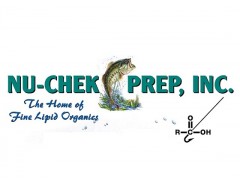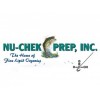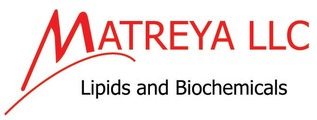      |

 通过认证 [诚信档案]
通过认证 [诚信档案]

| Cat. Number |
1848
|
| Chemical Name |
N-己酰-L-赤式-鞘氨醇 N-Hexanoyl-L-erythro-sphingosine
|
| Mol. Formula |
C24H47NO3
|
| Mol. Weight |
398
|
| Qty 1 |
1mg
|
| Appearance |
solid
|
| Application Notes |
98+%,TLC; identity confirmed by MS
|
| Synonym |
N-C6:0-L-erythro-Ceramide
|
| Solubility |
chloroform, ethanol, DMSO, DMF (up to 5mg/ml)
|
| Storage condition |
-20℃
|
| References |
Application Notes: This product is the L-erythro stereoisomer of natural D-erythro-hexanoyl ceramide. L-erythro ceramides are inactive in some ceramide functions, have different activities in other functions, and exhibit the same activity in yet other functions. Lerythro- N-acetyl ceramide has been shown to induce accumulation of greater levels of sphingosine than in control cells.1 Generation of endogenous long-chain ceramide can be induced by exogenous short chain D-erythro-hexanoyl-ceramide but not by non-natural L-erythro-hexanoyl-ceramide.2 Other examples of functions demonstrated by D-erythro, but not Lerythro, ceramides are several key downstream biological activities such as growth inhibition, cell cycle arrest, and modulation of telomerase activity.2 Some viruses require the presence of ceramide in a membrane to be able to fuse to that membrane and it has been demonstrated that only D-erythro ceramide, and not L-erythro or D- or L-threo ceramides, supports the viral fusion.3
References: |